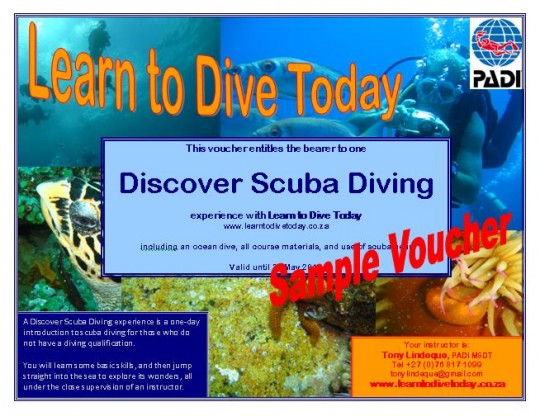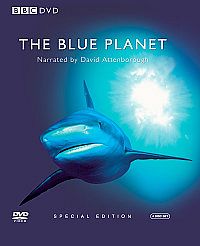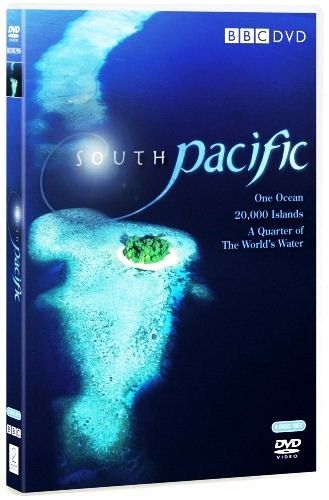
It’s been almost a year since I finished reading journalist Charles Clover’s book The End of the Line, and the DVD of the documentary based on his book has been lying in our living room for I don’t know how long, waiting to be watched. Tony and I finally got around to viewing it recently – we were spurred on somewhat by the knowledge that some of the documentary was filmed in Malta. While we were in Malta in August we met a beautiful bluefin tuna on a dive, and also saw lots of tuna farms along the Maltese coast.
The End of the Line is about fishing, and how we’ve reduced the ocean’s fish stocks by something like 90% during the last half century. Where have all those fish gone, you ask? Well, we ate them. Incredible improvements in fishing technology – massive, factory-sized vessels that flash-freeze the fish while still at sea, huge nets, bottom trawlers – and insatiable demand for fish have conspired to produce what is literally an extinction event for many fish species. Having exhausted the stocks of continental shelf-dwelling fish such as codfish (do yourself a favour and read about the Grand Banks cod fishery in Canada and weep), fishing pressure has moved to deep water species. These species live in oxygen and light-poor environments, so they grow very slowly, live for up to 100 years, and only start reproducing in middle age. They simply cannot withstand the fishing pressure that we are able to exert on their populations, and soon they will be gone too.
The film’s director, Rupert Murray, had this to say on the DVD sleeve (an environmentally friendly cardboard folder):
Many natural history films about the oceans contain incredible footage and inspire passion for the natural world but we felt angry that more often than not they perpetuate a myth about the seas, that they exist in a perfect pristine bubble untouched by humankind. Now man’s destructive influence extends to every previously hidden canyon and crevice. Fishing has even induced evolutionary changes in fish. We are consuming every level of the food chain and the future looks deeply uncertain. We wanted to tell the true story of what is happening to our oceans by focusing on the most efficient predator operating in the system, man. It’s a fascinating and intriguing story that many people haven’t heard before and we felt it needed to be told because ocean issues are not on the agenda as much as they need to be. This problem affects 70% of our planet and the livelihoods of a billion people but The End of the Line is ultimately a story of hope because there is light at the end of the tunnel. Thankfully the solutions to such a seemingly massive and universal problem are stunningly simple. All we have to do now is make them happen.
There is more here than destruction of species and alteration of ocean ecosystems. One of the things that has struck me and Tony as we’ve watched several seasons of Deadliest Catch, about crab fishermen in Alaska, is that in many communities fishing is a family business that has been passed from father to son for generations. These “artisanal” fishermen (even though in the first world many of them use big boats now) are standing to lose their livelihood, but also a part of their identity. That loss of a heritage can’t be quantified. The End of the Line highlighted foreign fishing boats stripping the coast of Senegal while local fishermen using traditional methods struggle to find any more fish, but this problem is not unique to Senegal, or even to Africa. (As an aside, our suspicions about how well-regulated the Alaskan crab fishery is – it’s a shining example of attempts at sustainability – and the role of the US Coastguard in policing the fishing grounds and chasing out illegal fishing vessels, were confirmed. Nice job, Alaska!)
Dietary recommendations are that we consume fish at least one to three times per week. It’s important to balance the health benefits of a seafood-rich diet with an approach that preserves ocean resources so that we can still eat fish in the future. I firmly believe that by moving responsibility for making good seafood choices up the supply chain, to retailers and restauranteurs, a very significant difference can be made to the future of fishing.
Some restaurants are already ensuring that the only options they offer to consumers are environmentally friendly ones, but Charles Clover (author of The End of the Line and featured in this documentary) found in an informal survey of the world’s most influential seafood chefs that the industry is divided, with many restaurants continuing to serve juvenile fish or endangered species (and sometimes both). The fact remains that, until we can be sure that the seafood on offer in restaurants isn’t from a species that we wouldn’t, in good conscience, want to eat, the responsibility for making right choices lies with us, as final consumers of seafood.
The solutions that you can apply are these:
- only buy seafood that is not from an endangered species, that is caught in a responsible manner, and that is sustainably fished. A list of retailers stocking only seafood from the SASSI green and orange list can be found here. Boycott the rest.
- only eat at restaurants that serve food from the SASSI green and orange list, and choose to eat from the green list (I know, it means forgoing sole and prawns… very hard to say no!) Boycott the rest. In Europe there is a campaign called Fish2Fork which rates restaurants that serve sustainable seafood.
- get hold of a SASSI information card, keep it in your wallet, and evangelise on its use to your dining companions. Read and understand the charter that seafood retailers who affiliate with SASSI must adhere to. There’s also a smartphone app from the Monterey Bay Aquarium called Seafood Watch but my concern with it is that regional names for fish and availability of species can differ between the US and South Africa, so take care.
- be educated about the issues and take responsiblity for the future health of our oceans – as an inhabitant of planet earth, they belong to you, and you shouldn’t be cool with governments allowing them to be plundered in the name of short-term financial gain. Don’t pretend it’s not your problem. It is. Do some googling – this article and this article are a good start. Watch this documentary – local foodie Dax was appalled by how empty the cinema was when he watched it on circuit, but rent or buy the DVD (or just watch all the videos on this page) and expand your mind.
- eat smaller fish: herring, sardines, mackerel. These fish are used in fish farming – they are fed to the tuna and salmon at the farms. Estimates are that it takes 5 kilograms of wild fish to raise 1 kilogram of farmed fish. This doesn’t make sense, and it’s wasteful. Besides, the omega 3’s and 6’s are abundant in those little chaps, and they are low on the food chain meaning there’s no danger of mercury poisoning as there is with tuna, which has absorbed the mercury from the entire food pyramid below it.
- pressure the government to properly police our Marine Protected Areas, and to ban shark finning (and all kinds of fishing for sharks) and long lining off our coast. Get on the mailing list of Underwater Africa. Be an activist in your own back yard.
- come diving, see fish in the wild, and appreciate that they are not just food… They are beautiful living creatures in their own right, and deserve our respect and protection.
The DVD release of The End of the Line contains several short films as bonus features. You can see some of that material here. You can get the DVD here if you’re in South Africa, and here if you’re not.
Here’s the trailer to whet your appetite…
[youtube=http://www.youtube.com/watch?v=bedirwk95Oc&w=540]















